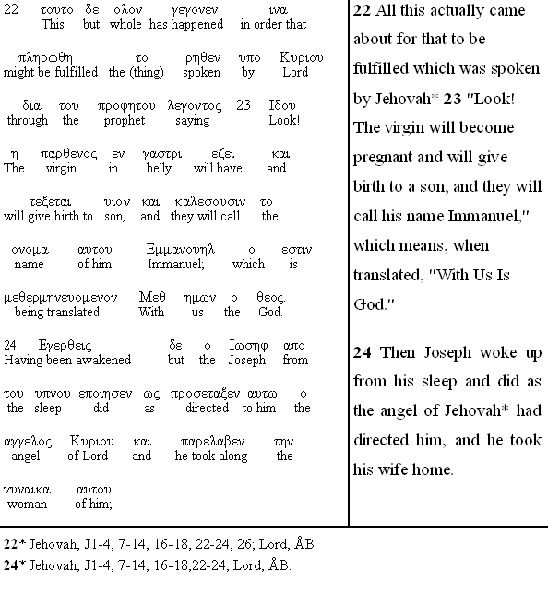


But for added emphasis an author may turn to the possessive pronouns. The genitive form of the personal pronoun can be used to express possession. This particular form is used 70 times in the New Testament see full concordance Koine Greek first person personal pronouns The nominative, dative and accusative forms of the first person personal pronoun may be welded together with the particle of conjunction και ( kai) to make a so-called crasis form that means "I too", or "to me too". The first person singular may come prefixed with an ε ( e) for added stress or emphasis ( Matthew 5:11: they persecute you because of Me.) In post-Biblical times, the second person personal pronouns became augmented with accents to achieve the same. Due to some typographical innovations, this interlinear maintains Greek word order but the translation itself also makes sense. The many forms of the first person personal pronoun occur 2668 times in the New Testament. The English translation is actually readable.


 0 kommentar(er)
0 kommentar(er)
